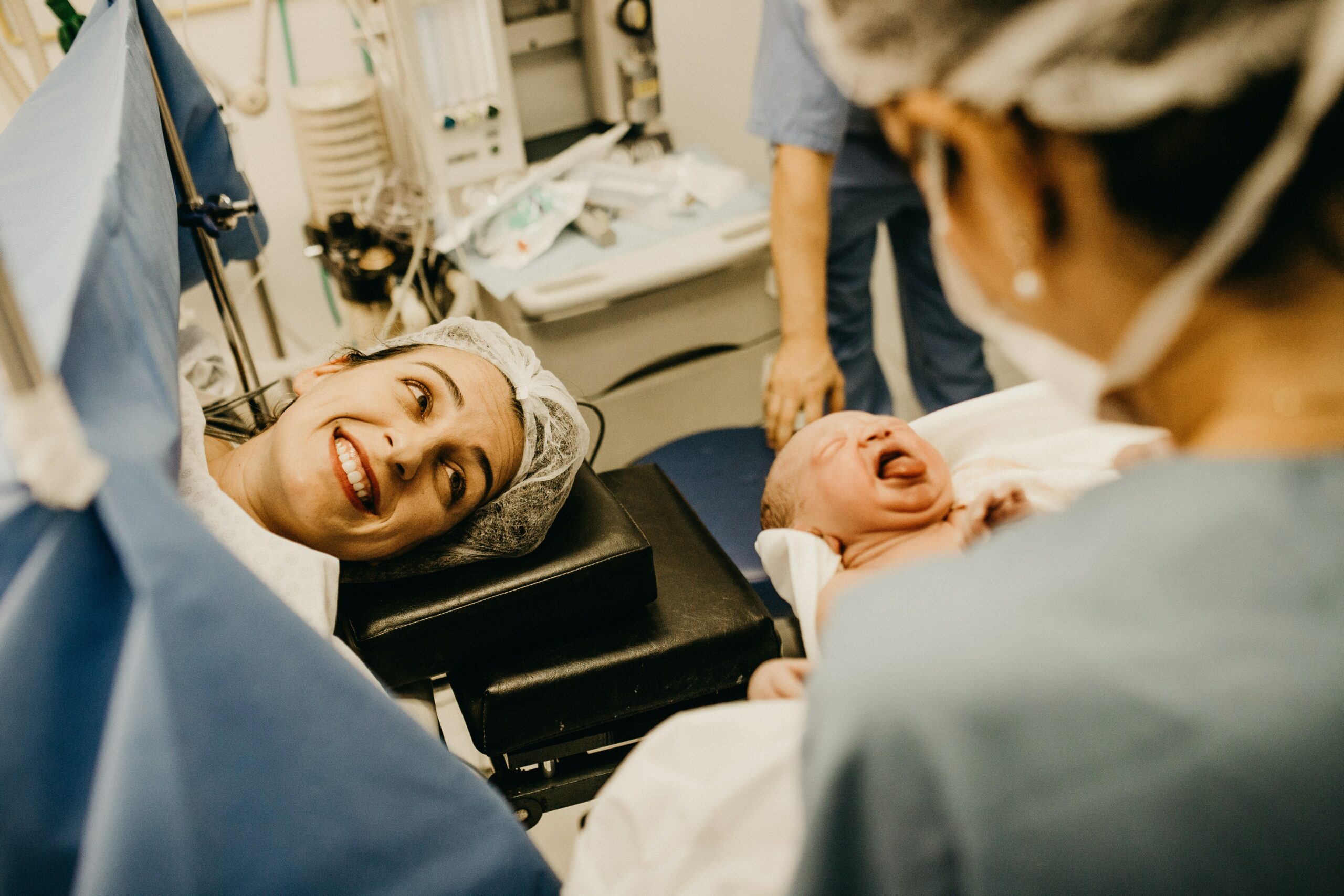We’ve all heard about the changes that usually happen with pregnancy: Some women have a beautiful glow. Others experience severe morning sickness that makes them (and their life partners) miserable for the entirety of the first trimester. Swollen feet are a new reality. Bigger breasts take center stage. Some smells make you want to vomit.
What can make this time confusing is precisely that some women experience more changes than others. So while you can read books like What to Expect When You’re Expecting, there isn’t a one-size-fits-all description of this stage in a woman’s life.
The purpose of this blog is to give you general guidelines if you’re going to travel during your pregnancy. However, to fully know what’s best for you and your baby, always consult with your doctor.
Traveling While Pregnant
For the most part, traveling while pregnant is a safe experience. That said, there are things you’ll want to keep in mind if you’re planning a trip:
1. Morning sickness. Despite its name, the nausea and vomiting a woman experiences during pregnancy can happen during any time of the day. Some women feel nauseous for most of the day. This is most common during the first trimester of pregnancy.
Even though traveling may be safe during this period, how comfortable are you going to be having to get up every couple of minutes to rush to a plane’s lavatory? And what if the lavatories are occupied?
Keep in mind the length of the flight, and whether it could be rescheduled if you’re experiencing bad morning sickness.
2. Frequent urination. Having to pee a lot is also common during the first trimester. This is because, as your uterus starts to grow, it pushes against your bladder. If it’s a relatively short flight, you may be able to deal with it without any issues. Just make sure to request an aisle seat.
3. Blood circulation. Another reason to request an aisle seat is to take frequent walk breaks throughout the cabin. This promotes blood circulation to your limbs. This is crucial, since your baby gets the oxygen and nutrients she or he needs from your blood.
4. Dehydration. It’s common to get dehydrated on planes because of the changes in air pressure inside the cabin. However, it’s one thing for you to need water and putting off drinking a glass of it until later. It’s another thing when your baby needs water for adequate fetal development. Failing to stay hydrated could result in birth defects.
5. Avoid gassy foods. This one’s more for your own comfort level (and that of your fellow passengers).
Is International Travel While Pregnant Safe?
Whether you should go on international travel depends on the countries you’re planning on visiting. It’s not the same thing to go to Paris than to visit a developing nation that is known to have malaria outbreaks or numerous people with the Zika virus.
For a list of countries where there’s a risk of malaria.
For a list of countries where there’s a risk of Zika.
Something else to keep in mind is that, the closer you are to your due date, the higher the chances of going into labor in an unfamiliar place.
When to Stop Traveling While Pregnant
Some doctors recommend not traveling after 32 weeks of pregnancy. Additionally, some airlines require medical clearance or straight out impose restrictions on travel within weeks of the due date.
Even if you found an airline with no travel restrictions on pregnant women, would you really want to give birth with a different doctor than the one who’s been treating you during your entire pregnancy?
Additional Factors That Affect Your Ability to Travel While Pregnant
As mentioned earlier, each pregnancy is different. While some women may be able to travel without any issues, there are factors that may complicate matters for others. Some of the most common are:
– Multiple birth pregnancies
– High blood pressure of the mother
– If the mother has diabetes
– Being HIV positive
– Being overweight or obese
– Age of the mother (teenagers or women over 35)
– Surgical history of the mother
– Preeclampsia
– Being on certain medications
– Thyroid issues
– Previous fertility issues prior to pregnancy
– Kidney disease
Contact us at OB-GYN Women’s Center for Pregnancy Consultation
Pregnancy is a milestone in any woman’s life. You should have proper care from the time you miss that first period, through your delivery of your baby.
At OB-GYN Women’s Center, we’ll provide you with the best prenatal care during all stages of pregnancy, taking into account your individual medical needs.
Contact us to schedule an appointment. We’re looking forward to meeting you and your baby.




